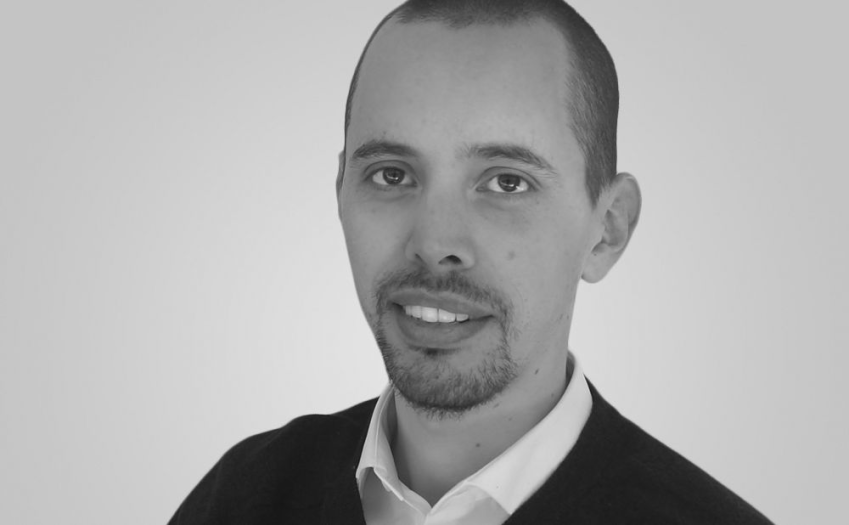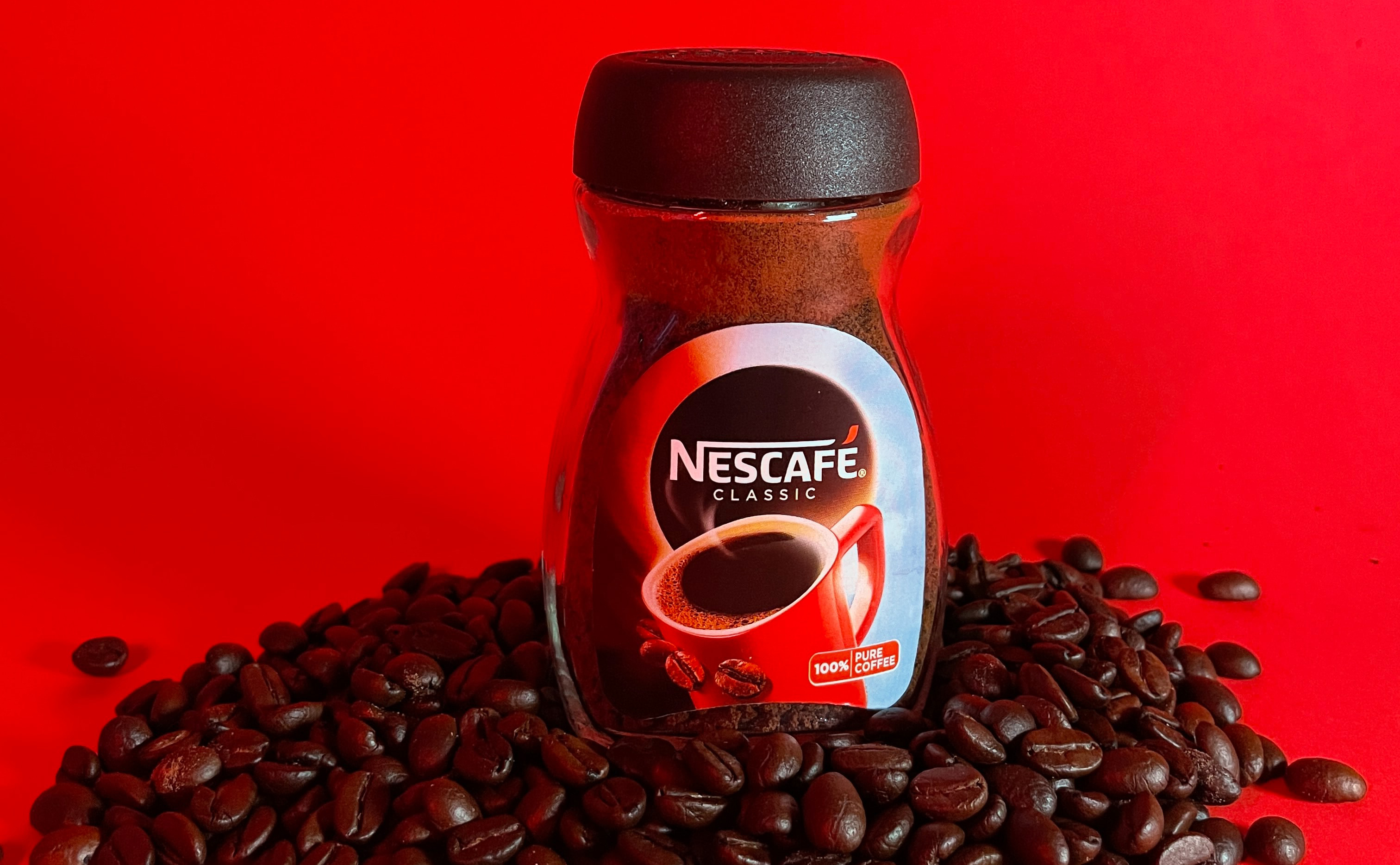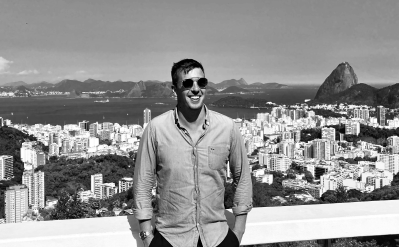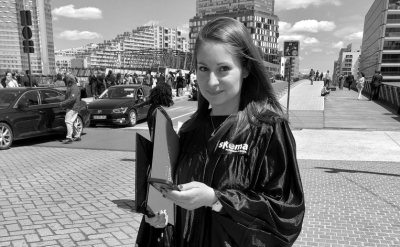News

Emmanuel Petit (SKEMA 2006), eight years in Mexico with Nestlé
After his studies at SKEMA Business School, Emmanuel began very early on to build an international career in finance, first in Switzerland at PwC, then at Nestlé. He eventually joined the Nestlé group in Mexico, where he was quickly promoted through the ranks. Now back in Europe, he talks to us about his enriching experience in Latin America and about the challenges and successes he has faced on his journey so far.
Can you tell us about your educational background? Why did you choose to study at SKEMA Business School?
I was born in Haute-Savoie and have Mexican origins. I moved to Colombia with my parents at an early age and lived there for six years. I then finished my schooling in France, before attending a preparatory school in Grenoble and then SKEMA Business School in Lille (formerly ESC Lille).
I first chose SKEMA because I was looking to study finance and the school offered a programme that would allow me to gain expertise in both accounting and finance. I also really liked the fact that the school encourages its students to intern very early on and offers the opportunity to go overseas.
Student life was also very active. I’m actually still in regular contact with friends from school.
During my three-year degree course I spent a gap year in Luxembourg, where I interned at PwC and then at Alcan, where I got the opportunity to implement SOX standards. As an intern, I got to travel to Australia, Ghana, Canada, Brazil... It was a very rewarding experience.
Can you tell us about your professional journey after SKEMA?
In 2006, after my studies, I went to Geneva to work in external auditing at PwC. It’s something I really enjoyed; I was supervised closely and it was a really good way to start a career. So I was lucky enough to find my first job rather quickly, even before graduating.
Two years later, I started working as an internal auditor for Nestlé.
For more than 4 years I audited the group’s different operations, and there again I got to travel a lot, to more than 30 countries around the world: the United States, Mexico, Asia, Africa... It was another wonderful experience.
After that, I was sent to Mexico as a costing manager, still with Nestlé, in the Corporate Control team.
Within the group, I moved up the ladder quickly. After two and a half years as costing manager, I was promoted to supply chain controller, then to the position of Financial Services Director, where I managed accounting operations, treasury, and risk mitigation among other things. In 2019, I was appointed to the position of Corporate Controller for the Nestlé group in Mexico.
After eight years in Mexico, I was recently promoted to the position of Head of Finance at Nestrade, in Switzerland.
What does your current position entail?
Nestrade is a legal entity of the Nestlé group. It manages the group’s global procurement (coffee, cocoa, milk, corn, packaging, ingredients, etc.). Its turnover exceeds four billion dollars. About 80% of the group’s procurement goes through Nestrade. Each year, we buy around 25 billion dollars worth of raw materials and packaging.
Our job is to buy at the best possible price, but also to ensure that there are no problems along the supply chain.
At the moment, we are also doing a lot of work around sustainable development. This is because Nestlé made a public commitment to achieve net zero emissions by 2050. The ESG (environmental, social and governance criteria) are therefore taken very seriously and a great deal of work is being done on this.
Actually, most of the greenhouse gas emissions generated stem from the materials we buy and not necessarily from transport, as people might think. So we are looking at what can be done on the procurement level to achieve these objectives. One area where we have made commitments is in the reduction of plastic in our packaging. In Mexico, for example, 97% of our packaging is recyclable.
So my job day to day is to run the procurement part, and I’d say that one third of my work time is devoted to making progress on our sustainability goals.
How was living and working in Mexico? What challenges did you face and what were your sources of satisfaction?
Being half Mexican, I was very happy to be offered this opportunity in Mexico. It was a real stroke of luck. I had family there and I spoke the language quite well, so I didn’t really experience any culture shock.
Mexicans are very hospitable and everyone made me feel really welcome right away.
In terms of challenges, I think the biggest for me was adapting to the management style. The challenge was that I spoke Spanish fluently, but my management style was very European, particularly after being an auditor for six years, as it’s a very strict and regulated sector.
I had to learn a few things. For example, in Mexico people like things to be friendly and relaxed, they like to chat, talk about things that have nothing to do with work, take long lunch breaks, even if it means finishing their work day at 8 or 9 pm.As a result, I think the European management style may have appeared a bit “harsh”. So I had to adapt in that regard.
Generally speaking, this was a really great overseas experience, on both a personal level (I met my wife there and made some really great friends) and a professional one.
Mexico is also a dynamic market, although not as huge as the United States for example. There were a lot of opportunities for growth. This allowed me to advance rapidly within the group, and to observe, even in the beginning as a junior, the changes taking place and the impact of my decisions. I might not have had this opportunity in larger markets.
How important is the Mexican market for Nestlé?
Mexico is a big market for Nestlé; a very dynamic one. It ranks 5th or 6th depending on the year, behind the United States, China, France and Brazil...
In Mexico, we are positioned on a rather large range of product categories: instant coffee with Nescafé; dairy products with Lechera; sauces with Maggie; Purina products (dog and cat food); chocolate (KitKat and local brands), and baby food with Gerber, among others. All of the product categories perform rather well, unlike in other markets that are really single-category.
You were involved in a few volunteer activities in Mexico. Can you tell us more about that?
Yes, Nestlé is very involved in volunteer work locally. We ran a project called Iniciativa por los jovenes (Initiatives for Youth), to help young Mexicans between the ages of 18 and 20 to join the workforce. Many of them drop out of school or don’t go on to pursue higher studies. As an example, we delivered some training in several schools, explained how to put together a CV, what to do at a job interview, etc.
We also offered internship and sandwich course opportunities.
As for me personally, I spoke in universities to explain the role of corporate controller.
Nestlé also offered some professionals the chance to assist 100 young entrepreneurs across Latin America. So I became a mentor for an entrepreneur in Ecuador. I helped her build her eco-friendly feminine hygiene products business, and also helped her develop a business and financial strategy. We are still in touch every month to go over the progress she is making with her project. It was a great experience and the young people were super enthusiastic.
Do you have any career advice for our young graduates?
To find your path, I think it is important to start gathering work experience as early as possible and for it to be as varied as possible. This will help you identify where your strengths lie and for which sector and position you have the most aptitude. Even if some jobs are more “glamorous” than others, I think it is important to stay where you are the most competent, because that will allow you to have a better career.
I also think that going overseas, whether it’s to study, intern, or start your career, is really worthwhile. I would also advise going for a year rather than six months, to have a fuller experience. Professionally speaking, spending some time living and working overseas is always very positive. That is something I really noticed during my eight years in Mexico. It has stood me in good stead and I learned a lot about management.
Contact: Emmanuel Petit, Head of Finance at Nestrade - Nestlé
Interview by lepetitjournal.com for SKEMA Alumni





